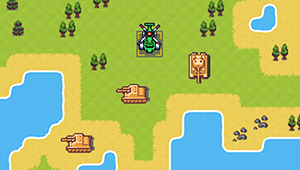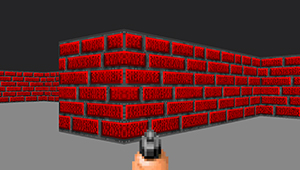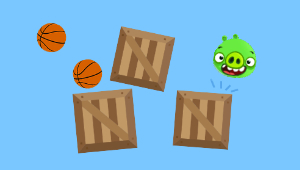- 30 hours on-demand video content
- Lifetime access
- Live meetup
- Downloadable resources and exercises
- Certificate on completion
- Access on mobile and desktop
- Secure checkout via Credit Card or PayPal
- 14-day money back guarantee
- Last updated February 2026
Digital Electronics & Computer Architecture
Learn the basic building blocks of electronics, digital systems, and computer architecture.
$89.99
ENROLL NOW FREE PREVIEW
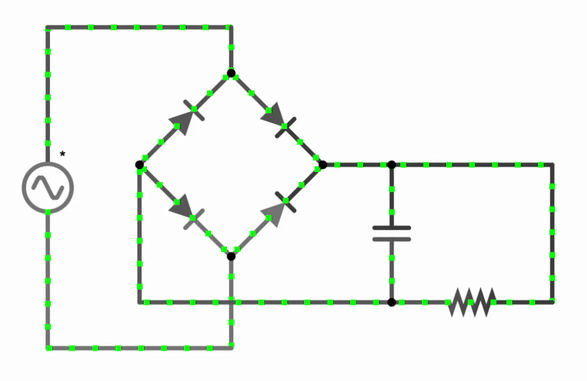
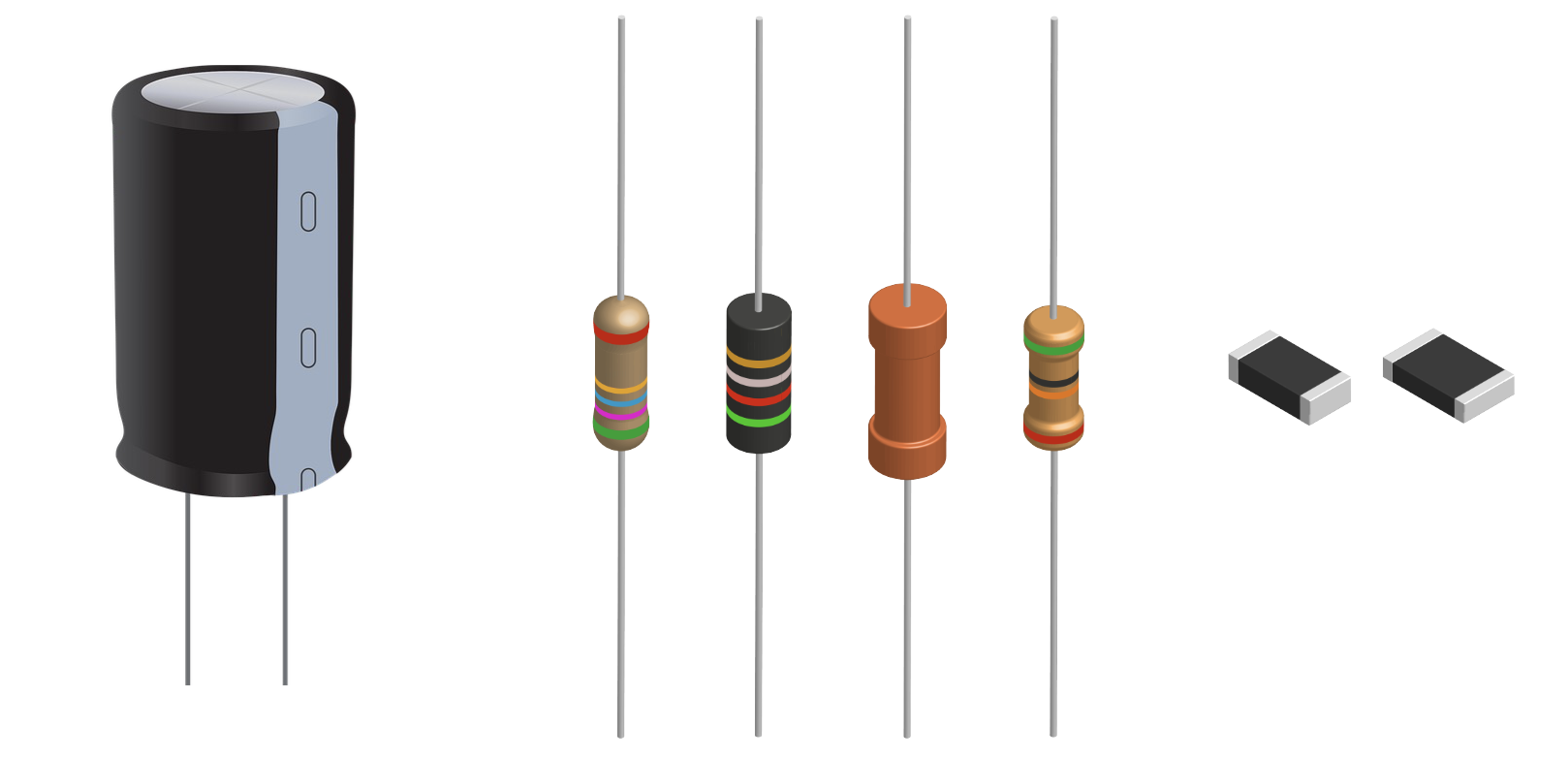
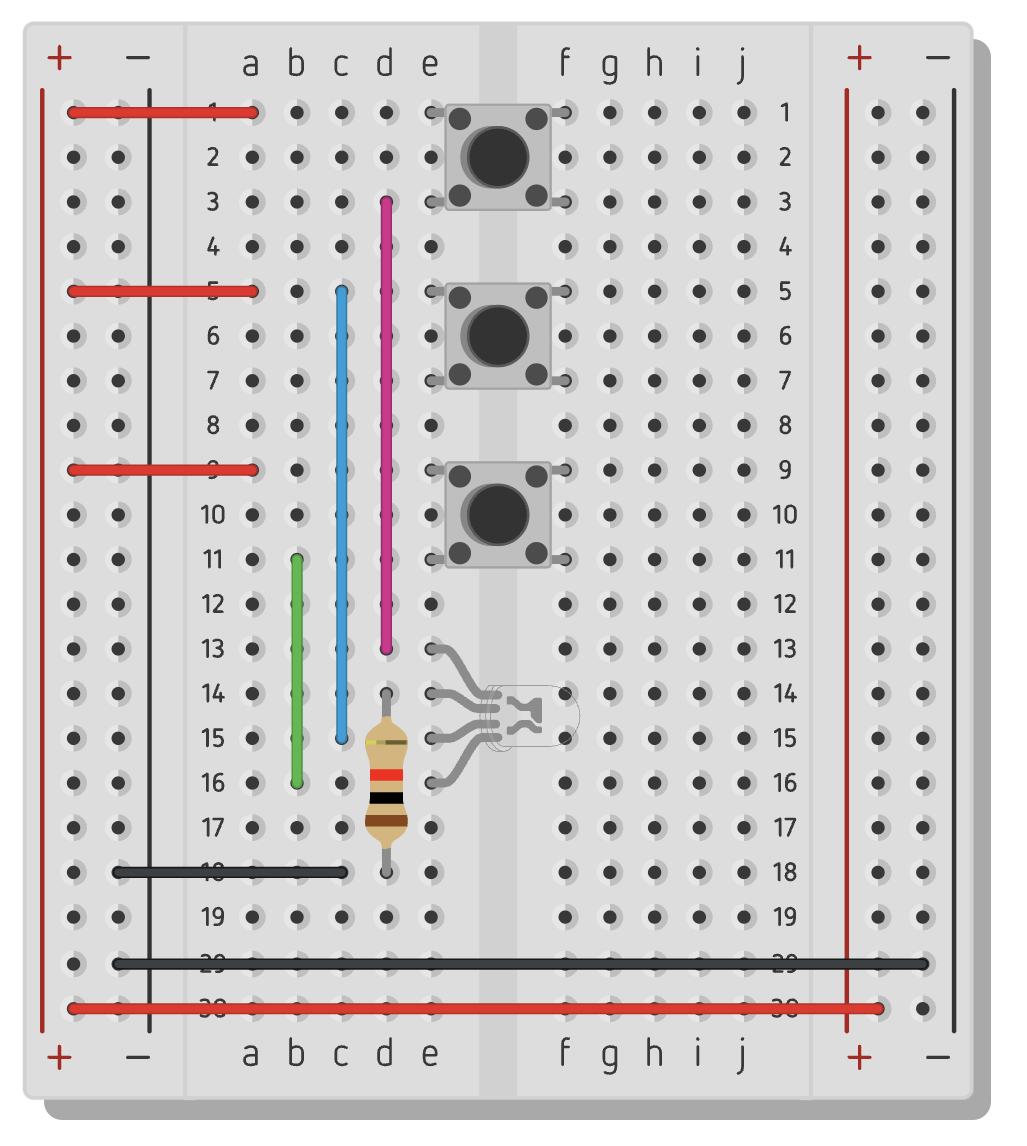
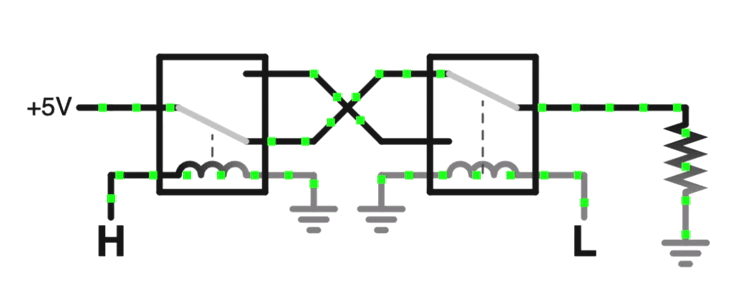





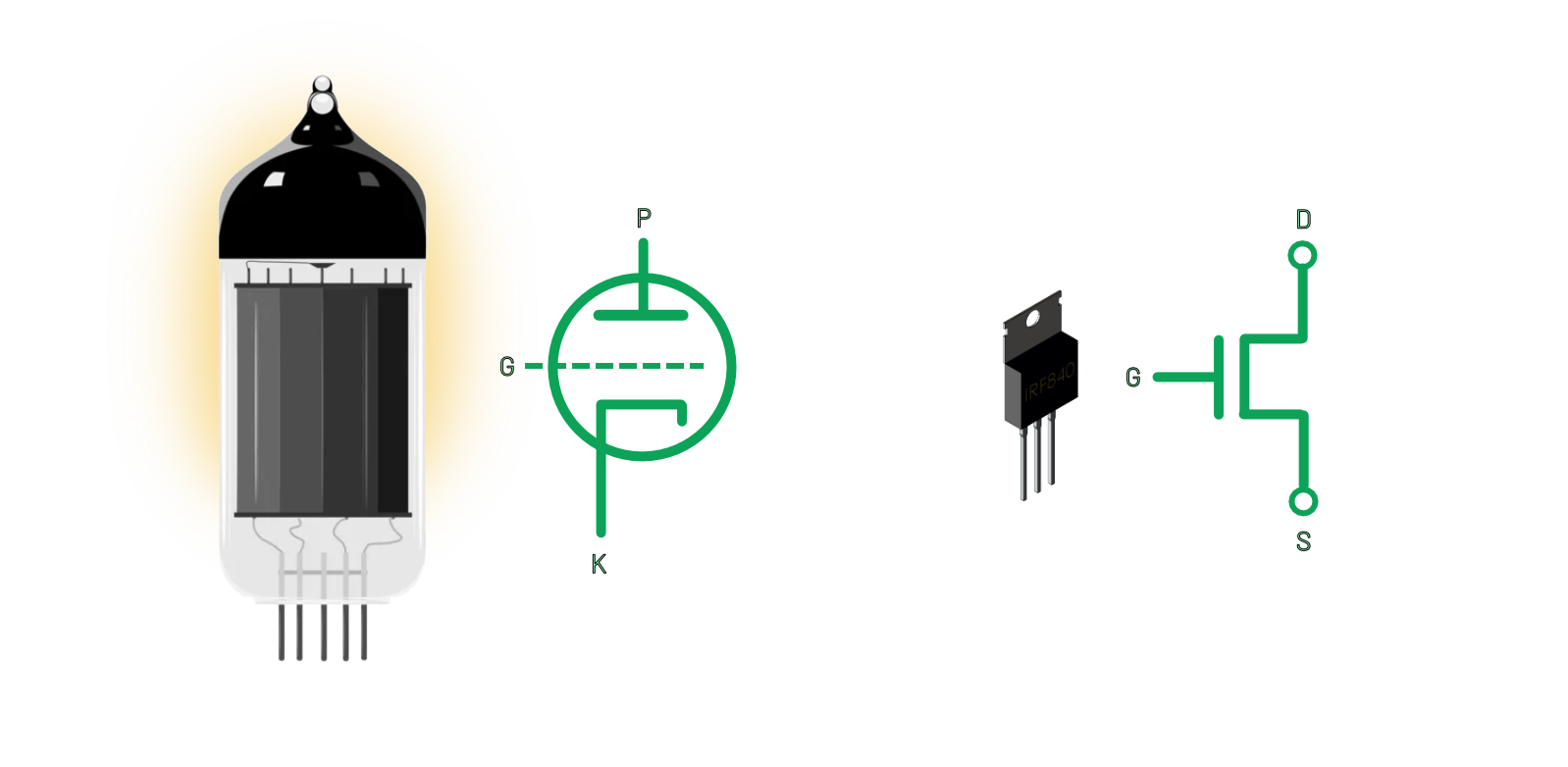
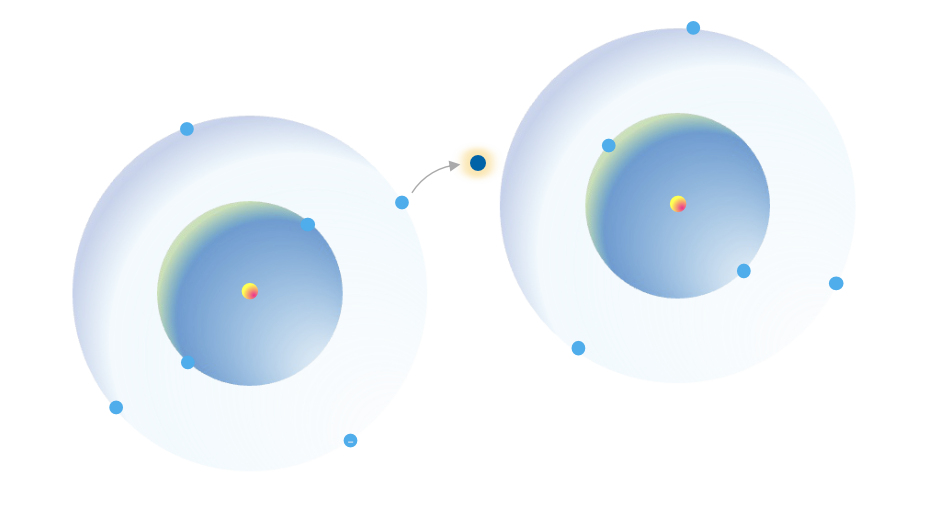
 We don't offer discounts on our courses. Ever.
We don't offer discounts on our courses. Ever.